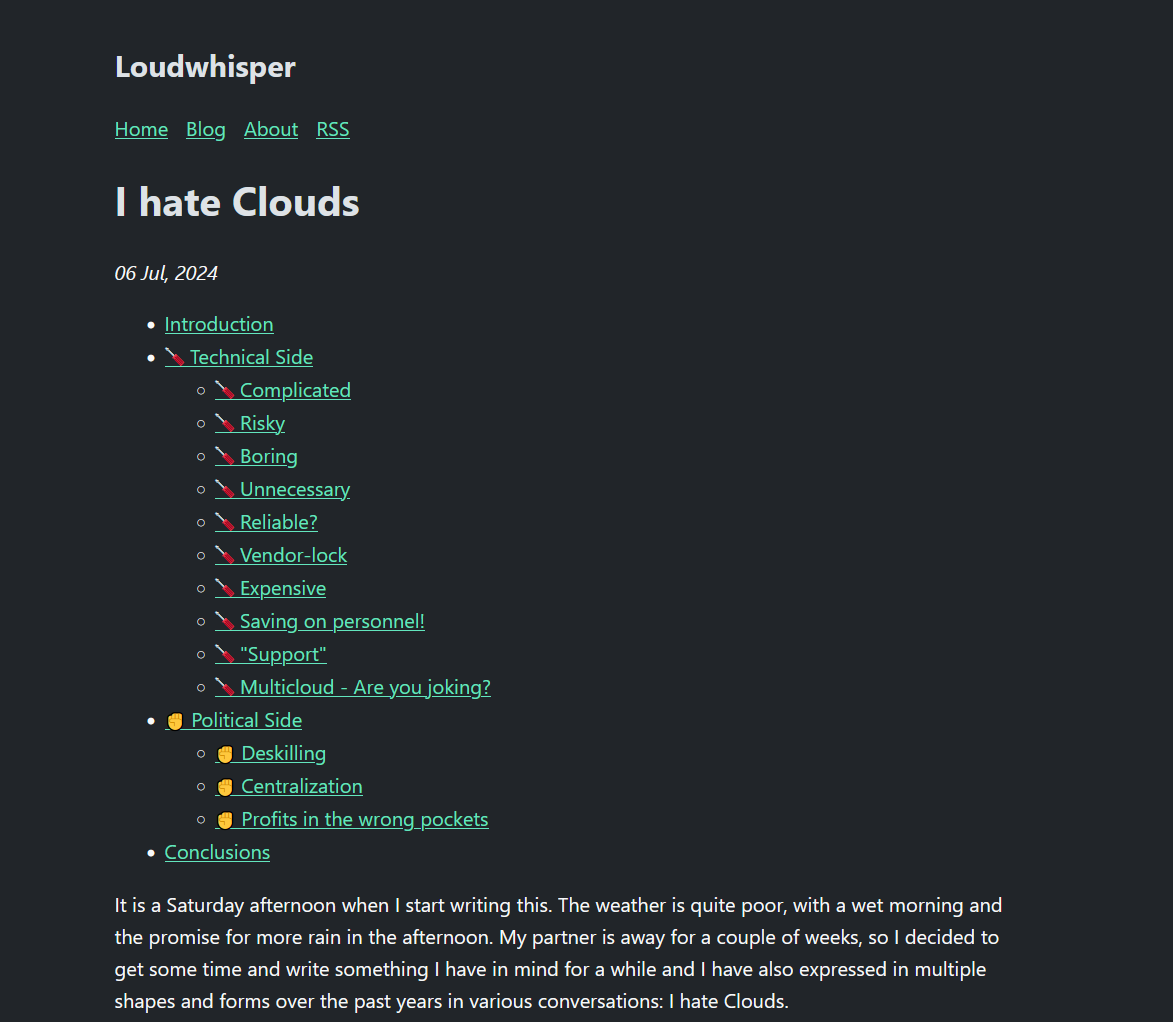As someone who has read plenty of discussions about email security (some of them in this very community), including all kind of stuff (from the company groupie to tinfoil-hat conspiracy theories), I have decided to put ~~too many hours~~ some time to discuss the different threat models for email setups, including the basic most people have, the "secure email provider" one (e.g., Protonmail) and the "I use ~~arch~~ PGP manually BTW".
Jokes aside, I hope that it provides an overview comprehensive and - I don't want to say objective, but at least rational - enough so that everyone can draw their own conclusion, while also showing how certain "radical" arguments that I have seen in the past are relatively shortsighted.
The tl;dr is that email is generally not a great solution when talking about security. Depending on your risk profile, using a secure email provider may be the best compromise between realistic security and usability, while if you really have serious security needs, you probably shouldn't use emails, but if you do then a custom setup is your best choice.
Cheers

I think the benefits of federation is discoverability. I can spin up my gitea or forgejo (or something else!) Instance, but when people look for code in their instances, they can still discover my public repositories, and if they want to contribute, they can fork and open PRs from their instances.
So yeah, it means mostly you can selfhost and provide space to others, but with the same benefits that right now github offers (I.e., everything is there).